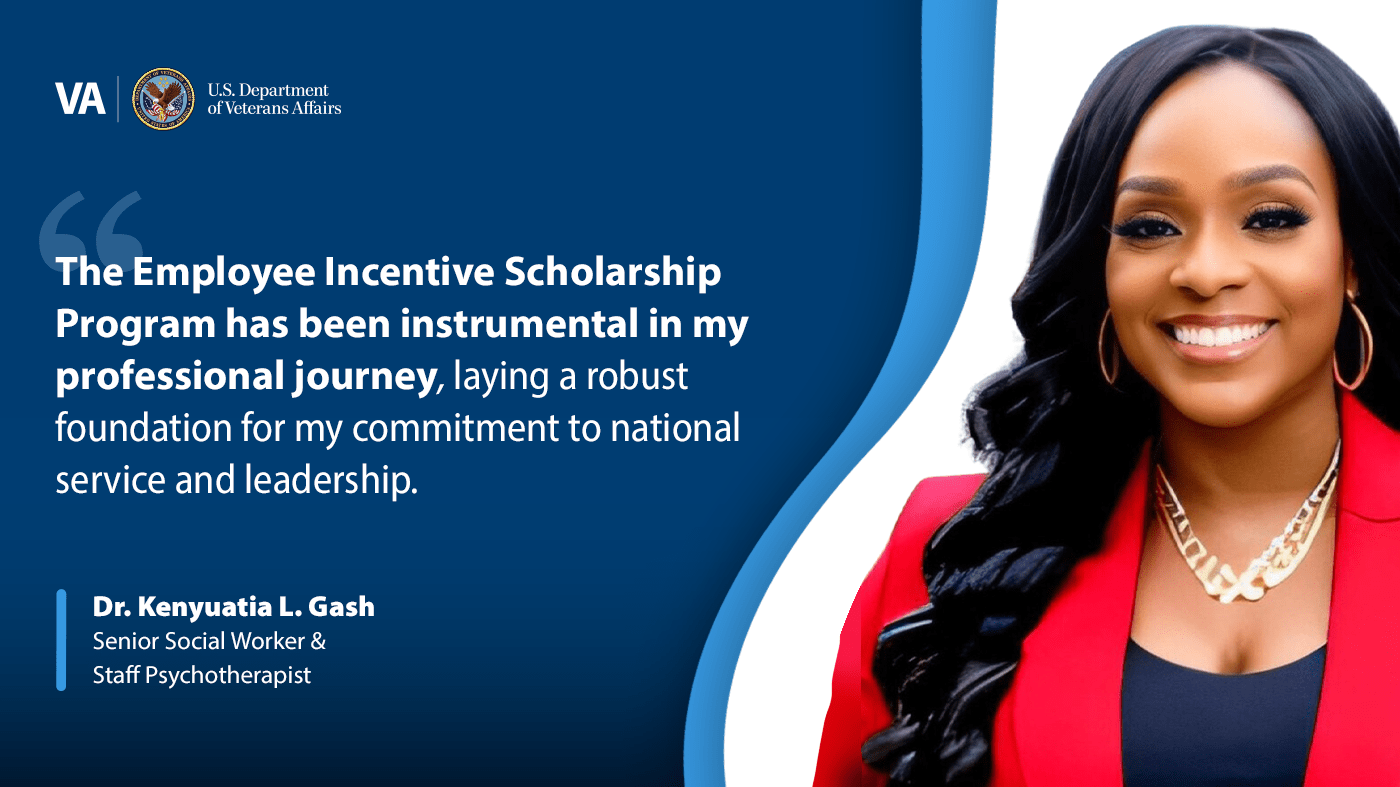It is always nice to have more information when preparing for and conducting a job search. From our series “A Veterans Approach to a Job Search“, one of the steps is to prepare your resume. I would like to introduce you to a leading Senior Resume Consultant with a few valuable tips, Erik Bowitz. We are excited to have him share his knowledge with us.
Resume Writing Tips For Veterans by Erik Bowitz
Veterans face a particularly tough challenge when compared to most unemployed when it comes to resume writing and marketing themselves for job openings. Whereas a civilian mindset, vocabulary and previous professional experiences are already in an acceptable resume format, the serviceman or woman has to go a few extra steps in an effort to translate a career in the military into an attractive resume for a career in the private sector.
While difficult, translating a military resume into a civilian resume is far from impossible, and if anyone can take on the challenge it’s an American veteran. Experience as a veteran will be an advantage in today’s very competitive job searching. Below are just a few tips from a Senior Resume Consultant that will hopefully aid in your resume writing process and give you a bump-up on the competition.
1.Choose a mission, set an objective.
The biggest mistake all job seekers make is using one generic resume for every job applied to.. This is a tactically faulted approach, as each position will most likely be seeking a slightly different job candidate. For this reason, your resume should be specifically targeted to each job position being applied to. Don’t be a generalist, but a master of what is being sought by the employer.
Focus your sites in by including a Career Objective at the beginning of your resume where you clearly define your goal and the position being sought. Using one generic Career Objective for all jobs applied to will ensure you won’t stand out for any.
2. Remember Civilians Don’t Speak Jargon
It is worth remembering that most employers will not understand even some of the most basic of military lingo including acronyms or systems knowledge specific to military application. This may come as a challenge, but translation will be needed from military jargon to layman acceptable generalist terminology. Resumes containing a lot of military terminology will cause HR Managers’ eyes to glaze over because they simply do not understand it. Instead, convert terms for specific applications into broad terms for generic application.
Did you use a proprietary munitions inventory tracking and monitoring system called SCORPINX-57XP? Well, that bullet point should instead read something like “proficient in inventory and inventory tracking systems”. You get the picture.
3. Match You Skillset
Pick your battles whenever you can. By applying to jobs you are unqualified for, you are only wasting time and energy. Instead apply to jobs you stand a good chance at landing because of your experience and skills. For example, you will have a difficult time landing a marketing job with a mechanical background. Instead, search for jobs using keywords such as “mechanical”, “mechanics”, “mechanical engineering” and the like.
If you still have your heart set on marketing, find a technical school near your community and enroll. An Associate degree can be had in under two-years and schools offering general marketing programs are a dime a dozen.
4. Toot Your Own Horn
As mentioned above, it is important to frame your resume with a civilian reader‘s perspective in mind, as that will be necessary to communicate skills, experience and goals you wish to achieve. However make sure to display your military experience prominently on your resume as its full of golden HR “keywords” such as:
- Leadership skills
- Independent thinking
- Problem Solving
- Applied Teamwork skills
- Professional dedication
Having served in the armed forces, you are by default a treasure trove of highly valuable critical thinking skills and problem solving skills. By accompanying your military experience with these skills, you validate your claims, something that many civilian applicants will struggle to do.
5. Triple-check Fundamentals and Numerically Quantify
As many times as Resume Consultants warn against it, job applicants consistently include grammatical errors or spelling mistakes on their cover letters and resumes alike. Running a document through spell-check is not sufficient; proofreading requires human eyes. If you don’t have a friend or family member with grammar skills up to the challenge of reviewing your resume, consider contacting an old English teacher. Explaining your service history and desire to find a civilian job you’d be hard-pressed to find an educator who would refuse helping you out.
Finally, throughout your resume, whenever possible, numerically quantify your achievements. For example, if you led a group of soldiers, state how many, written in numerical form as in “100” instead of “one hundred”. Numerals pop out to HR types and make resumes look more qualified. For professional examples of numerically quantified achievements, check out these National Guard & Marine Corps resume samples. (downloadable in PDF format)
Also, add ultimate qualifications by including military honors and any medals earned, as this is definitely be one area where civilians will not be able to compete with you.
*The resume tips provided in this article were accumulated from critiquing thousands of resumes from every industry under the sun and are from Erik Bowitz, Senior Resume Consultant at Resume Companion.
Topics in this story
More Stories
Through programs like the Employee Incentive Scholarship Program (EISP), VA employees like Dr. Kenyuatia L. Gash have received financial support in pursuit of their education.
Providing better outcomes for diverse Veterans means finding ways to reach them, whether on a personal level or on a geographic level.
As a chief of staff, you’ll have many important responsibilities, but also an opportunity to make positive change for our team and the Veterans we serve.






